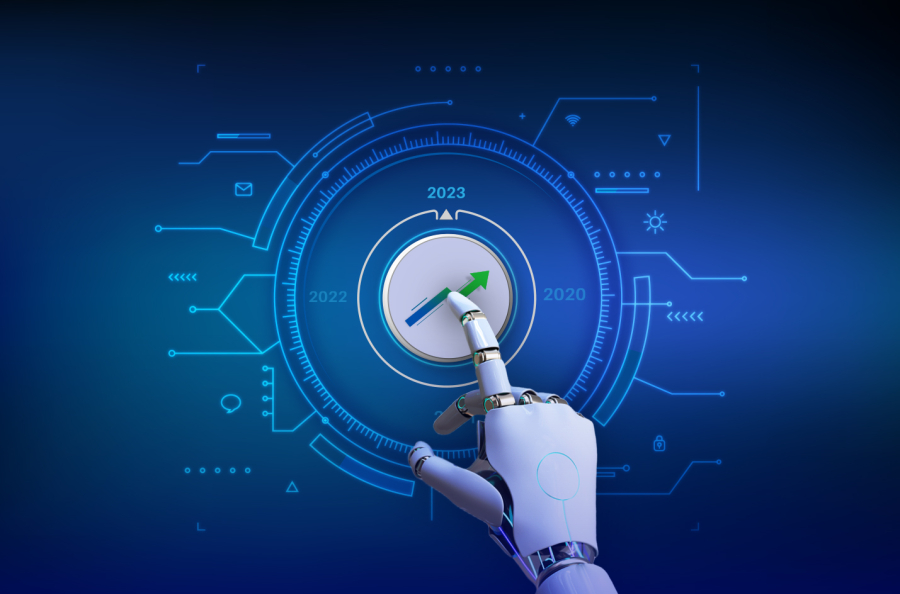AI Trends to Watch in the Coming Years
Artificial Intelligence (AI) continues to rapidly evolve, offering new opportunities across business, technology, and society. In the coming years, AI will have a significant impact on almost every aspect of our lives, from healthcare and education to manufacturing and entertainment. In this article, we’ll explore key AI trends that are set to define its development in the near future.
1. Generative AI Models
Generative AI models, such as GPT (Generative Pre-trained Transformers), are revolutionizing content creation by generating text, images, audio, and video. In the coming years, these models will become more powerful and widely adopted.
Use cases:
- Creating realistic synthetic images, videos, and audio.
- Automating content creation for marketing, advertising, and publications.
- Significant improvements in creative content generation for designers and artists.
2. Healthcare and Medical Technologies
AI will continue to transform healthcare by analyzing massive amounts of medical data, automating diagnostics, and enabling personalized treatment.
Use cases:
- Analyzing large-scale medical data to detect anomalies and predict outcomes.
- Developing personalized treatment plans tailored to individual patients.
- Enhancing telemedicine and remote patient monitoring systems.
3. Autonomous Systems and Self-Driving Technologies
The development of autonomous vehicles, drones, and robots will be a key AI trend. AI will play a critical role in training these systems and making real-time decisions.
Use cases:
- Autonomous vehicles becoming safer and more efficient.
- Drones for logistics and delivery services.
- Growing adoption of autonomous robots for industrial, agricultural, and service tasks.
4. AI in Cybersecurity
AI will continue to be essential in detecting and preventing cyber threats by analyzing vast amounts of data and user behavior.
Use cases:
- AI systems identifying anomalies and suspicious behavior in networks.
- Automating protection against cyberattacks using machine learning.
- Real-time threat prevention and breach detection.
5. AI-Powered Assistants and Process Automation
AI will automate repetitive tasks and enhance productivity in the workplace.
Use cases:
- Intelligent virtual assistants becoming smarter and more integrated into devices.
- Automation of business processes, enabling organizations to focus on strategic initiatives.
- AI-driven data analysis helping in making informed decisions.
6. Ethics and Transparency in AI
As AI’s influence grows, ethical and transparent AI practices will become increasingly important. People will demand greater accountability from developers and companies.
Use cases:
- Development of ethical algorithms that prioritize diversity and avoid bias.
- Regulation and standards ensuring transparency in AI applications.
- Mechanisms for monitoring and reporting to build trust among users.
Conclusion
Artificial Intelligence will continue to transform society and business in the coming years. Generative models, autonomous systems, healthcare advancements, and cybersecurity improvements are just a few key areas that will shape the future of AI. Organizations that embrace and adapt to these trends will gain a competitive edge and contribute to further progress. Staying informed about these developments and integrating them effectively will be crucial for businesses and developers.














